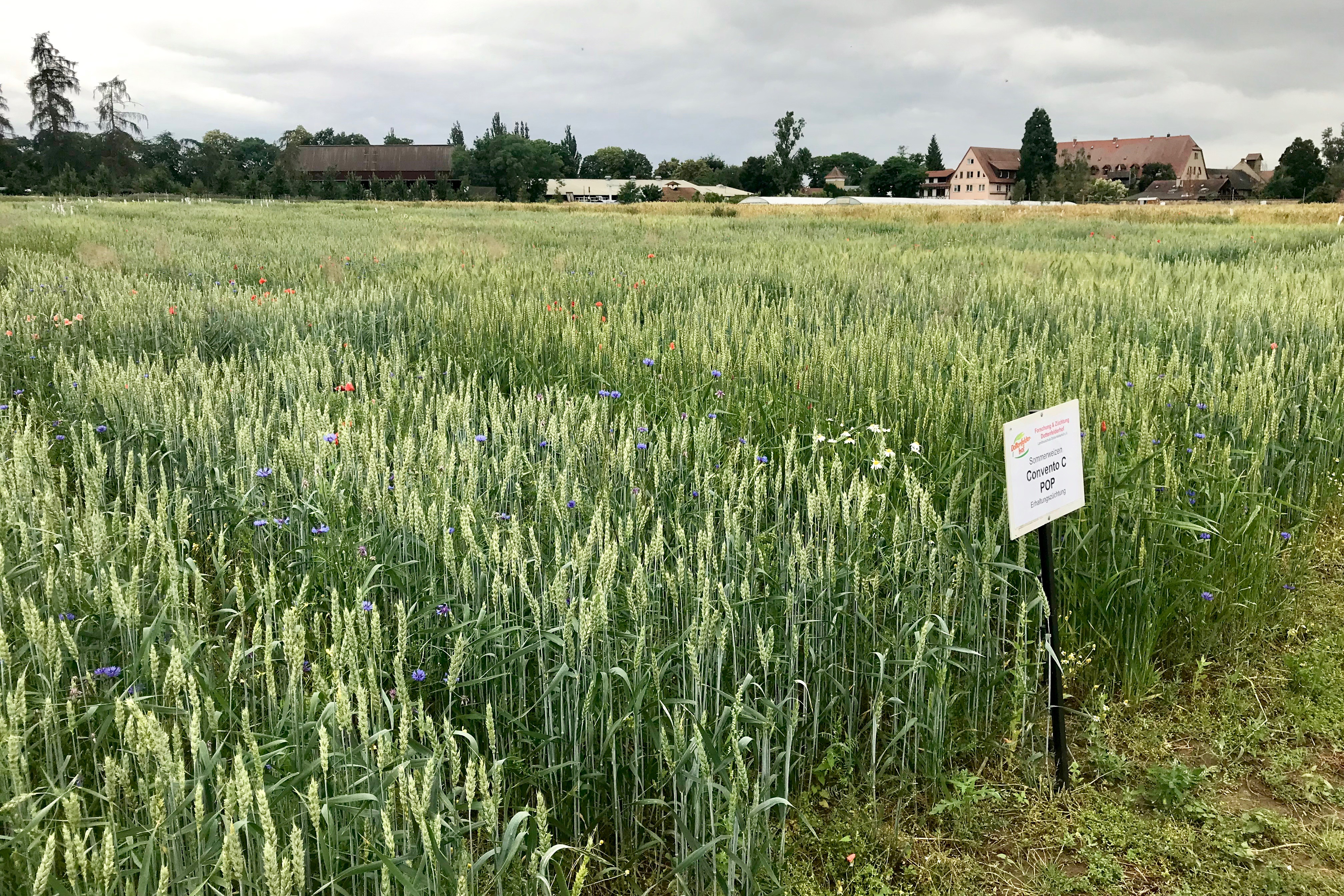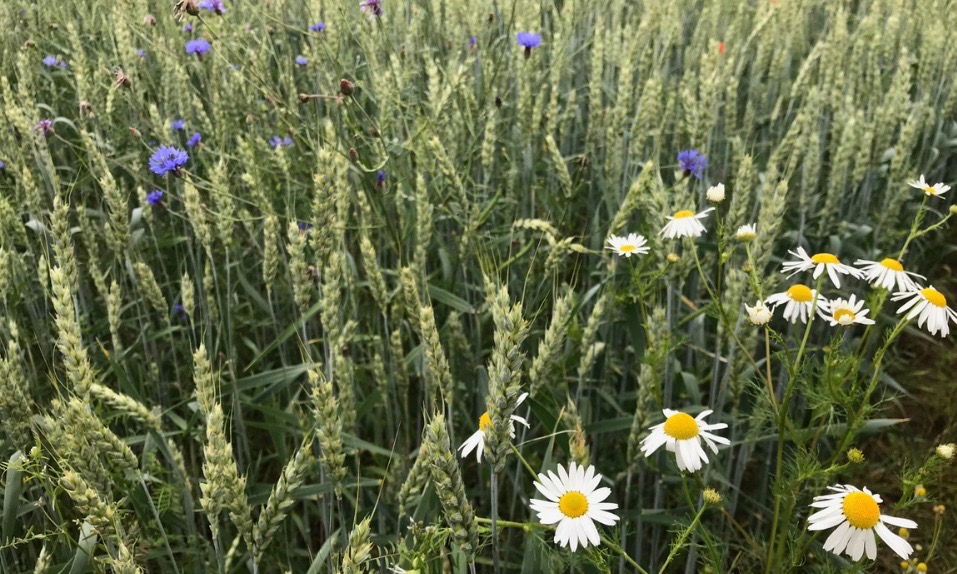The time has finally come: from January 2022 onward, organic heterogeneous seed may be traded on the European seed market. | 27th September 2021 | by Bella
The European Union has approved the selling of organic seed populations. Until now, only registered varieties that had undergone a long and expensive approval process were allowed, varieties that meet the high standards of DUS: distinctiveness, homogeneity and stability. Therefore, in conventional and organic farming, breeding lines have been used that are largely homogeneous and stable over many generations. This facilitates their control and marketing, but also carries the risk of biological dead-ends.
By contrast, seed populations do not meet the current definition of varieties. They are more heterogeneous and less stable but have great potential for adaptable agriculture. Heterogeneity can reduce the risk of crop failure due to extreme weather conditions and is becoming increasingly important to be able to react to climate change and changing environments. Variability of populations helps crops to adapt to site-specific conditions. The approval of organic seed populations is, therefore, a groundbreaking innovation.

Field on the organic farm Dottenfelderhof near Bad Vilbel. Breeders work on new populations here.
Main points of the new delegated regulation on the use of organic heterogeneous material are as follows:
- The regulation will enter into force in January 2022;
- Organic seed populations can be sold throughout the EU and there is no restriction on quantity sold;
- The approval of populations is significantly faster and cheaper than for legally registered varieties. Three months before the market launch of the seed, only a (free) pre-notification with information on the "biologically heterogeneous material" has to be submitted to the respective national authority.
- Germination capacity, which for registered varieties has high minimum values that are not easy to achieve with heterogeneous material, may be lower, but must in any case be indicated on the package.
- Organic seed is defined as being multiplied on organically farmed land – annual varieties for at least one growing season, perennial varieties for at least two growing seasons. This is less than hoped for, as breeders had demanded that seed should come not only from organic production but also from organic breeding. Thus, an existing rule was maintained which does not really promote organic plant breeding.
All in all, however, the new regulation opens great opportunities for organic plant breeders to market their own seeds. Valuable breeding lines can be approved and sold, which otherwise would never have reached the market as varieties because of the high costs for variety registration. For seed populations, no plant variety protection can be claimed, simply because they do not fulfil the criteria of legally registered varieties. Instead, the legalisation of populations offers an opportunity to build a commons-based seed sector.

Organically bred populations like open-source wheat Convento C are well-adapted to the requirements of organic agriculture.
But seed commons must be protected if they are to remain freely accessible in the long term. Otherwise, the seed populations could be taken, further developed through breeding to meet the DUS criteria, registered as a variety and placed under plant variety protection. Then, the desired characteristics – heterogeneity and variability – would be lost, and access to seed would be restricted, also for organic plant breeders. The open-source seed licence can protect populations as a commons and prevent privatisation.
We hope that the new regulation will encourage organic breeders to make many of their valuable breeding lines available for organic production and to use the open-source strategy as an alternative to plant variety protection.
Want to learn more? You can have a look at the full text of the new delegated regulation or read an elaboration on it by IFOAM Organics International.
Further reading: »Organic Heterogeneous Material: a new marketing regime for diversified seed populations« (Mathias Lorimer, Let's Liberate Diversity, 2022)
Our articles on related topics:
"An international alliance strengthens farmers’ seed systems"
"Five reasons why seeds should be a commons"
"How open-source licensing protects against genetic engineering"
